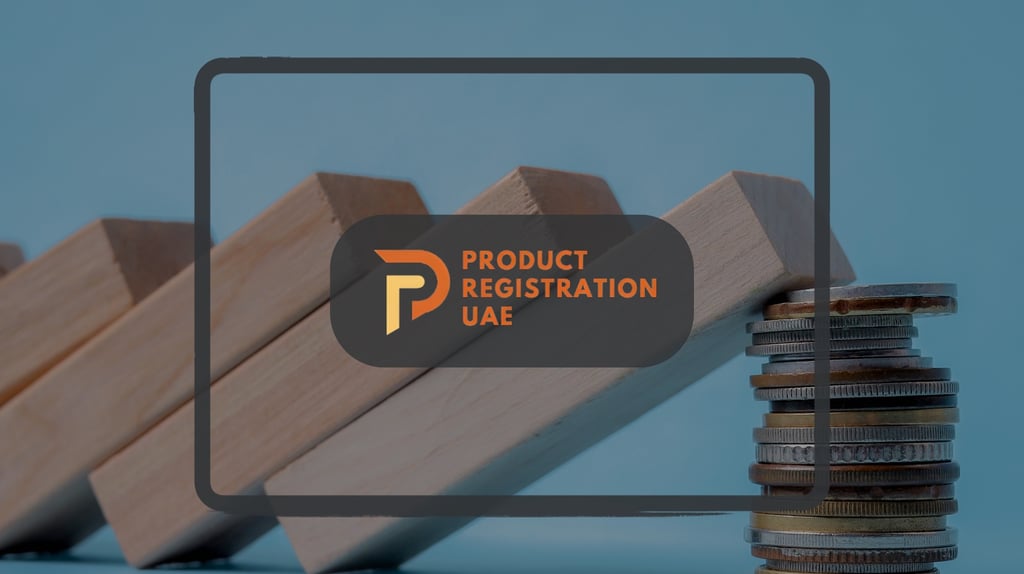Stability Testing in the UAE: Shelf-Life Approval Secrets
Stability Testing in the UAE explained: shelf-life proof, accepted studies, pitfalls to avoid, and expert guidance for faster product approvals.
Stability Testing in the UAE (2025):
The Hidden Requirement Behind Shelf-Life Approval
Why Stability Testing Matters in the UAE
Many importers believe a simple expiry date on the label is enough for product registration in the UAE.
But without stability testing evidence, authorities like MoHAP, Dubai Municipality, and ESMA may reject your submission. Stability testing proves that shelf-life claims are real, not just manufacturer estimates.
Essential for health supplements, cosmetics, functional foods, and medical-related products.
Authorities use it to ensure consumer safety, product quality, and storage integrity.
Without it, even compliant formulations risk rejection during registration.
Stability testing also protects your brand reputation. A product that fails prematurely on the shelf damages consumer trust and can trigger costly recalls.
For companies planning long-term market presence in the UAE, this requirement is more than a formality — it is a safeguard for business continuity.
Accepted Types of Stability Testing
Real-time studies → Show product performance over the full intended shelf life.
Accelerated studies → Simulate future degradation using heat, light, and humidity.
Key parameters assessed: microbial safety, packaging compatibility, nutrient/potency retention.
Both real-time and accelerated studies are often required, depending on product category and risk level. Aligning these studies with UAE and GCC standards ensures smoother approvals.
For example, a cosmetic cream may gain approval with accelerated data, while a health supplement may require real-time data to validate potency and nutrient stability.
Authorities also look closely at whether the chosen testing method reflects local storage and climate conditions.
In a country like the UAE, where high humidity and heat are common, studies that fail to reflect these realities are often rejected.
Common Pitfalls That Delay Approvals
Submitting expired or incomplete test reports.
Reports not aligned with UAE or GCC stability testing standards.
Lack of Arabic translation or legalization of reports.
Expiry date on the label not supported by submitted data.
Even a small gap — such as missing humidity conditions or incorrect packaging validation — can force authorities to reject or request additional testing.
Importers who overlook these details often face months of delay, additional laboratory costs, and missed market opportunities.
A common mistake is relying solely on manufacturer-provided shelf-life estimates without supporting test evidence. While this may work in other markets, UAE regulators demand scientific proof.
How Expert Support Saves Time & Cost
Pre-screening studies to check compliance with UAE requirements.
Advising whether accelerated data is sufficient or full real-time studies are needed.
Ensuring test results match label expiry claims and dossier submissions.
Advocacy and technical clarifications if authorities raise queries.
With the right guidance, companies can avoid re-testing, prevent costly rejections, and accelerate time-to-market.
Expert consultants also help coordinate with accredited laboratories that understand GCC requirements, ensuring no time is wasted on unusable reports.1
Case in point: A functional food company recently attempted registration with incomplete stability data. Their approval was held for six months until additional studies were submitted. With proper pre-screening, the right accelerated data could have been included at the start, avoiding unnecessary delays.
Final Word
Stability testing is more than a lab report — it’s your ticket to timely approvals. It demonstrates product reliability, ensures consumer safety, and provides regulators with confidence in your shelf-life claims.
For businesses, it means faster entry into the UAE market and stronger protection against rejection or recall.
Our team ensures your product’s shelf life stands up to UAE regulatory scrutiny.
Contact us or use the chatbot to discuss your stability testing and product registration needs today.
Related Blogs
Understanding UAE’s Product Recall Process: Compliance & Risk Management
Why Early Regulatory Intelligence Matters for Product Registration in the UAE
Need role clarity? Read Importer vs AR UAE: Roles, Liability & Approvals.
The Role of GMP in UAE Health Supplement Approval




